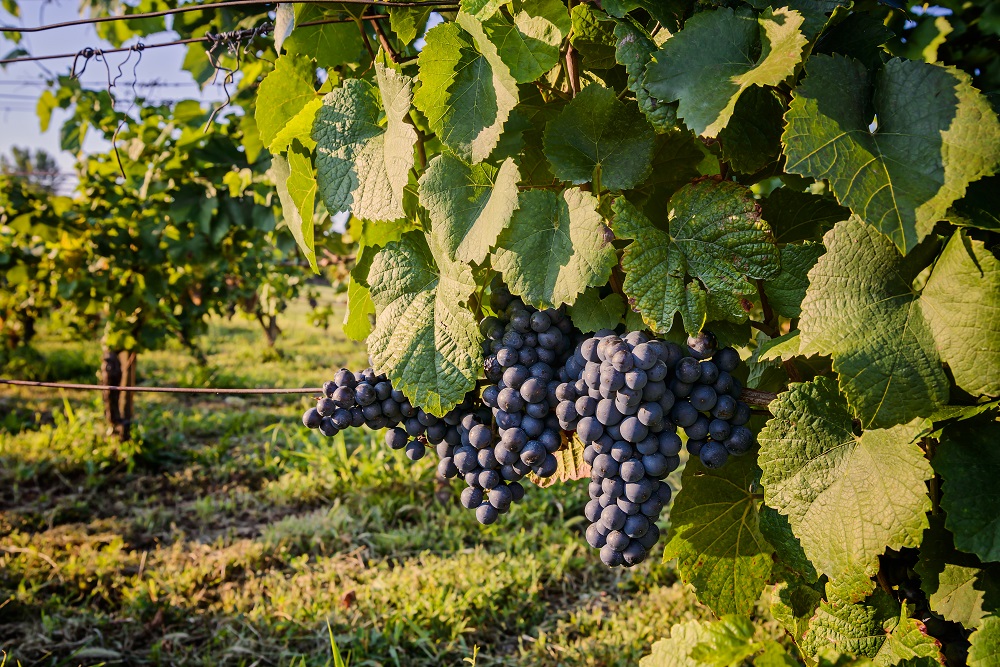As we navigate the path towards a greener and more sustainable future, regenerative agriculture holds immense potential to combat climate change and address the struggle farmers face in maintaining profitability, productivity, and enhance sustainability. By embracing innovative and environmentally friendly approaches, we can empower farmers and foster a resilient agricultural sector that thrives in harmony with nature.
The Challenge for European Farmers
European farmers are confronted with a multifaceted challenge. On one hand, they must ensure food security and affordability for a growing population, while on the other hand, they face mounting pressure to reduce the environmental impact of their practices. The EU Green Deal has set ambitious targets for reducing chemical pesticide usage and risk, placing additional strain on farmers who rely heavily on these tools for crop protection. This creates a dilemma, as they strive to balance the need for productivity with more sustainable practices.
Regenerative Agriculture: A Pathway for Sustainable Farming
Regenerative agriculture offers a promising solution to this dilemma. It is an integrated approach that seeks to restore and enhance the health of the soil, promote biodiversity, and capture carbon dioxide from the atmosphere. By prioritizing soil health and biodiversity, regenerative agriculture paired with practices under the umbrella of Integrated Pest Management improve the use of synthetic chemicals without decreasing farmlands productivity. The farmer uses a host of different strategies to prevent pest build-up using appropriate crop cultivation methods.
It embraces practices such as cover cropping, crop rotation, conservation tillage, and the integration of livestock, resulting in improved soil structure, water retention, and nutrient cycling.
Addressing Climate Change
Climate change poses a significant threat to agriculture, with rising temperatures, shifting rainfall patterns, and increased frequency of extreme weather events. Regenerative agriculture has the potential to mitigate these challenges. By sequestering carbon in the soil through enhanced organic matter, it can contribute to the reduction of greenhouse gas emissions. Additionally, healthy soils with improved water-holding capacity can enhance resilience to drought and water scarcity, reducing the vulnerability of farmers to climate-related risks.
The Importance of Supporting Farmers
While the transition to regenerative agriculture holds immense promise, it is crucial to acknowledge the challenges faced by farmers during this transformative process. Many farmers are already operating on thin profit margins, making it difficult to invest in new practices or technologies. The EU and national governments must step up and provide the necessary financial support, incentives, and technical assistance to facilitate this transition. Grants, subsidies, and access to affordable credit and insurance can enable farmers to adopt regenerative practices, improve infrastructure, and invest in sustainable technologies.
New technologies needed for the more complex approaches to make agriculture regenerative, such as new chemical crop protection products, bio-pesticides, biostimulants, new plant breeding techniques, digital farming, and precision application, face multiple market introduction hurdles. If these hurdles are not addressed urgently new technologies will not be available at scale in time to meet the needs of farmers.
Knowledge Sharing and Collaboration
Renewing the agricultural toolbox requires collective efforts and knowledge sharing among farmers, researchers, policymakers, and industry stakeholders. Promoting networks and platforms for exchanging best practices, innovative technologies, and success stories can empower farmers to make informed decisions and overcome challenges. Research institutions and agricultural extension services should collaborate closely with farmers to develop region-specific strategies, provide training, and conduct field trials to refine regenerative practices.
As a sector we are also investing €14bn by 2030 into innovative farming technologies such as biopesticides and digital and precision agriculture to help EU farmers on this journey.
A new paradigm for agriculture in Europe
Complementing the agricultural toolbox in Europe is an imperative step towards a sustainable future. By embracing regenerative agriculture and addressing the challenges faced by farmers, we can strike a balance between productivity, profitability, and environmental stewardship. The EU Green Deal provides a transformative framework to support this transition, but it is vital to prioritize the needs of farmers and speed up innovation and access for farmers to new technologies.
Alexandra Brand, CropLife Europe Chair of the Board; Regional Director, Syngenta Crop Protection

